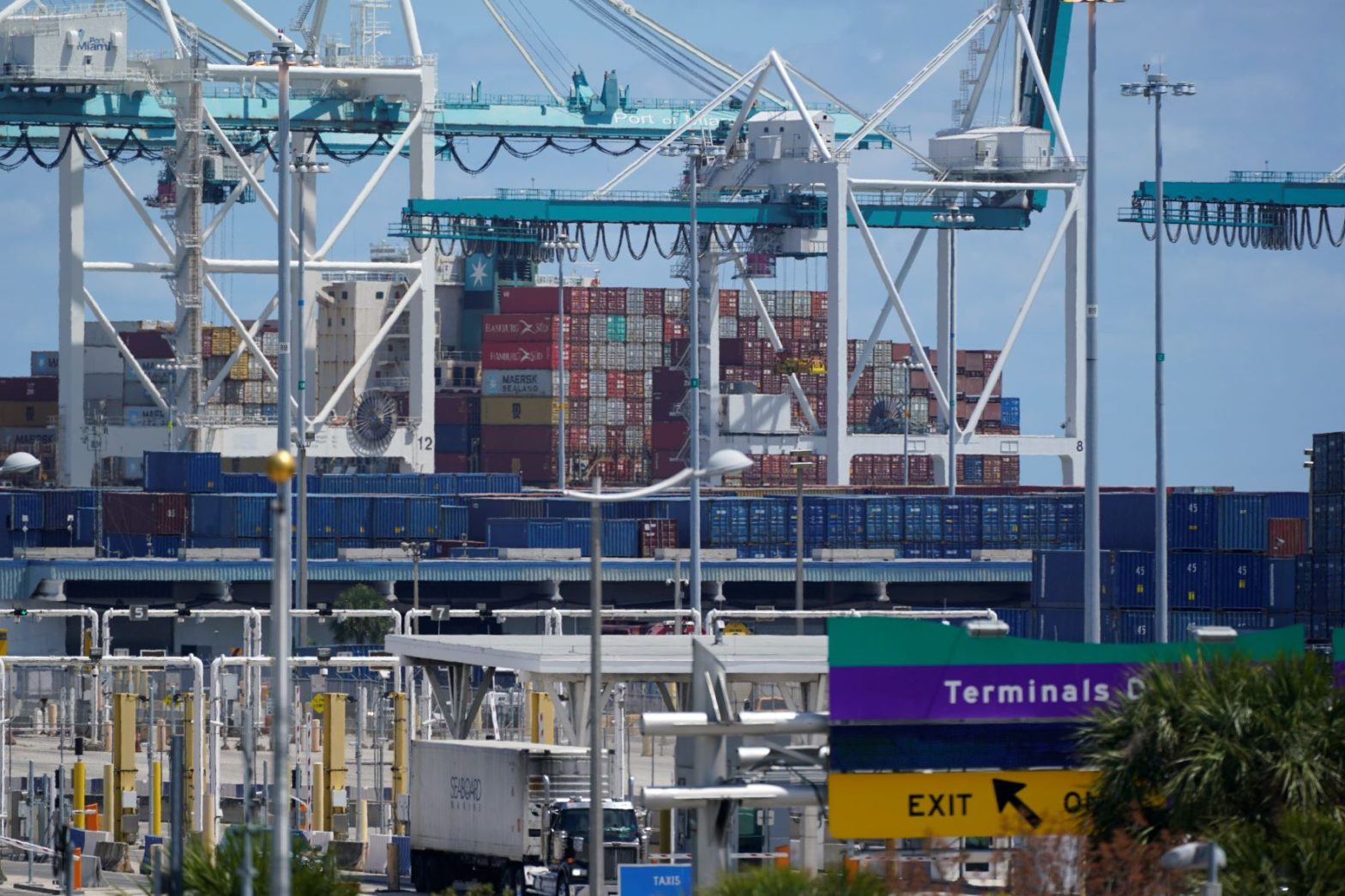The Curious Case of the US-Chile Tax Treaty
COMMENTARY

Unless there is major drama or interesting characters with inflammatory behavior, international trade or tax treaties do not attract much attention among the general public.
The last time U.S. households watched trade negotiations with great interest was the renegotiation of the original North American Free Trade Agreement (or the United States-Mexico-Canada Agreement, as it is now called). This was thanks, in part, to President Donald Trump’s campaign rhetoric around trade agreements. With continuous headline-grabbing actions, the negotiations began in August 2017 and concluded in November 2018.
The first country to ratify the agreement was Mexico, in June 2019, and the last was Canada, in March 2020. The lengthy process, around three years, attracted considerable criticism due to the uncertainty it created, not only for North American businesses but also for the rest of the world that had significant business dealings with the three countries. But when compared to another international tax treaty, three years seems like nothing, which brings us to the curious case of the U.S.-Chile tax treaty.
When the U.S. and Chile initiated their income tax negotiations in 1999, Lawrence H. Summers was still the Treasury deputy secretary. It took the two countries 10 years to negotiate this treaty, with a finalized agreement being reached in February 2010.
However, the story did not end there.
Despite taking its time, the Chilean Congress finally approved the treaty in 2015. In the U.S., the Senate Foreign Relations Committee approved the tax treaty in both 2011 and 2015, but no further action was taken by the full chamber. At that time, Sen. Rand Paul, R-Ky., objected on the basis of concerns about information exchange that infringe on personal privacy. Fast forward to 2022 and the agreement has yet to be ratified in the U.S.
The world has changed significantly since 1999. But certain things are still valid: The goal of the original negotiation was that the “tax treaty would help foster increased economic ties by reducing double taxation and preventing fiscal evasion” between the two countries. And that goal is significantly more relevant today because of changes in the tax code in both countries, especially the 2014 Chilean tax reform that puts U.S. companies and individuals at a disadvantage compared to residents of countries that have a tax treaty with Chile.
According to a 2022 Organisation for Economic Co-operation and Development document, the “tax burden for an individual or non-resident shareholder upon a profit distribution may reach up to 44.45%, with a cap of 35% for shareholders resident on a jurisdiction with a tax treaty on income and capital with Chile.”
To put these in context, Chile has double taxation treaties in force with 33 countries including major competitors of the U.S., such as China, European countries and Canada. It also has treaties finalized but not yet in force with countries such as India and Mexico.
Despite its smaller domestic economy, the Chilean market attracts a strong stream of foreign direct investment from world. In fact, in the first half of 2022, it received $10.6 billion in foreign direct investment (23% higher than the five year average of $8.7 billion in FDI). China was the leading investor in the Chilean market in 2021, followed by the U.S. and Canada.
U.S. companies have a strong presence in mining, finance and insurance, and manufacturing in Chile. But competition is getting stronger. And when we look at the sectors with fierce competition for foreign investment, mining is an interesting one.
Climate change concerns in every country has made electric vehicles a popular answer to curb carbon emissions in the transportation sector. However, these vehicles require a steady supply of certain minerals such as copper, lithium and molybdenum.
Problems in global supply chains have increased the competition for these resources and the lack of a tax treaty is already putting U.S. companies at a competitive disadvantage vis-à-vis other countries, such as China. And early involvement in these markets could determine future leaders in this important industry, which the U.S. should not forfeit merely through lack of government actions to level the playing field.
One simple action would be to finally approve the tax treaty that was agreed upon more than a decade ago.
Maybe 2022 will be the year the stars align for a final vote on the agreement.
Treasury Secretary Janet Yellen’s letter earlier this year to Congress asking for ratification not only states the goal of leveling the playing field for U.S. companies in Chile, but also the desire to reaffirm “our leadership in a region where the U.S. has long sought to conclude more tax treaties.”
Let’s hope Yellen gets her wish for ratification and that the following treaties, whether for trade, investment or tax, do not drag on for decades to get finalized.
Pinar Çebi Wilber is executive vice president and chief economist for the American Council for Capital Formation. You can reach her on Twitter @DrCebiWilber, and the council @ACCFmedia.






















